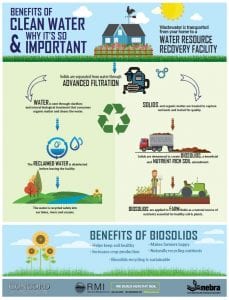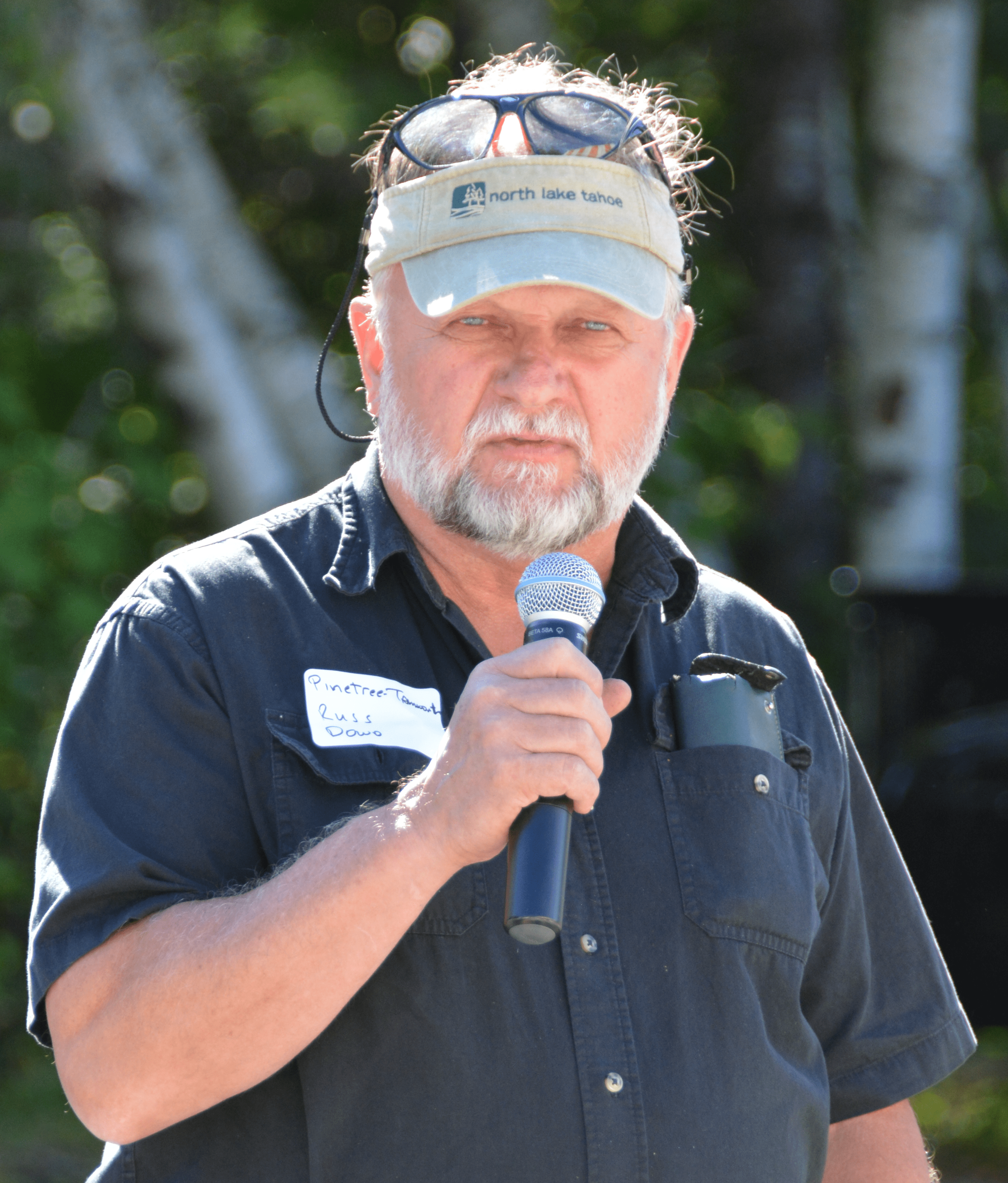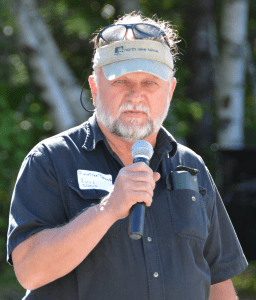Over the past few months, aging water and wastewater infrastructure has been a large topic of discussion throughout New Hampshire and all over the United States. In order to supply water to homes and businesses, the US depends on a network of underground pipes, which at this point are all aging and have exceeded the end of their useful life. Unfortunately, these improvements seem to go untouched because there is little to no funding for the work that needs to be done.

On March 8, 2017 the New Hampshire Water Pollution Control Association (NHWPCA) and New England Water Environment Association (NEWEA) held their annual Water’s Worth It! Legislative Breakfast that brings together water and wastewater professionals and New Hampshire Legislators to talk about the importance of clean water and the need to update the infrastructure. The meeting was well attended with over 35 legislatures and over 50 water and wastewater professionals. Senator Jeanne Shaheen was unable to attend but she supplied the organizations with a video voicing her stance on the matter and advocating for the need to update the infrastructure throughout New Hampshire.
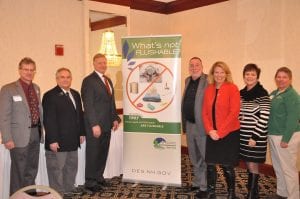
Also in New Hampshire this week, John Boisvert Chief Engineer at Pennichuck Water and a Commissioner at the Water Sustainability Commission, Jim Gallagher Chief Engineer at the N.H. Department of Environmental Services and Fred McNeill Chief Engineer at the Environmental Protection Division of the City of Manchester talked with Laura Knoy from New Hampshire Public Radio’s (NHPR) The Exchange. They talked about how New Hampshire’s wastewater and dam infrastructure are old, crumbling, and vulnerable to severe weather. Intense storms, flooding, and drought have all contributed to the damage, and many of our dams and underground pipes are over 100 years old.
According to the 2017 Infrastructure Report Card released by the American Society of Civil Engineers the United States (ASCE) scored a D in drinking water and a D+ in wastewater infrastructure.
The ASCE estimates that the wastewater infrastructure throughout the United States exceeds $271 billion
Radhika Fox, CEO of the US Water Alliance, said: “Water is essential to everything we do. Every community in the country relies on drinking water and wastewater service, and many sectors of our economy are completely reliant on water as well. A D and D+ are daunting grades, but I am optimistic about our future because I see the innovative work of the members of the US Water Alliance every day.”
Fox continued: “I want to thank the ASCE for its steadfast work to shine a light on the incredibly important issue of infrastructure investment. It was a topic that was overlooked for far too long, but we believe is starting to get the attention it deserves. This report reinforces the fact that we need to make reinvesting in water a national priority.”
So what can we do to fix the problem? Both Governor Sununu and President Trump have laid out plans to funnel more money into infrastructure, specifically roads and bridges, but engineers and water and wastewater professionals worry that not enough money will be directed towards water infrastructure. Until, we see money start to trickle in the best way to improve the situation is through awareness and education.


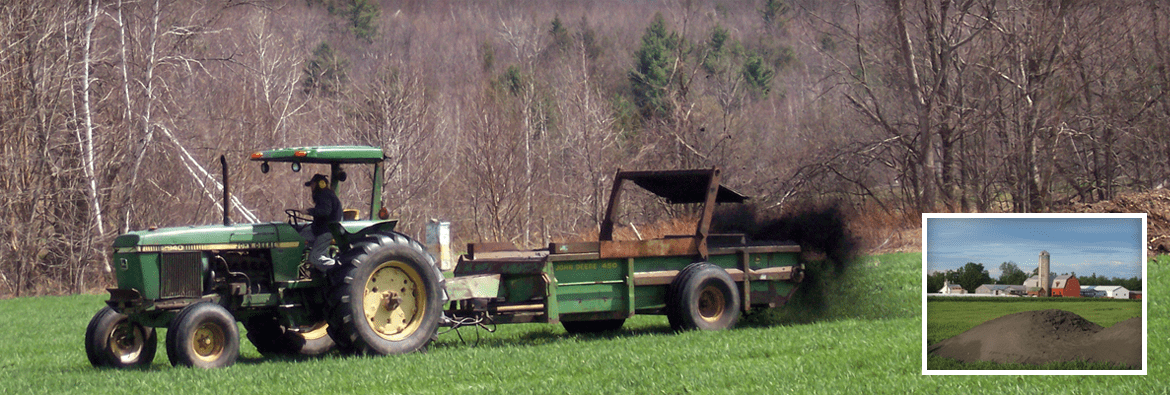
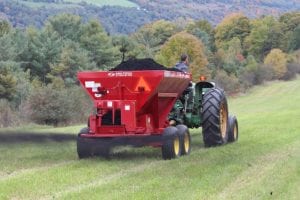
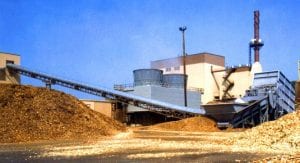


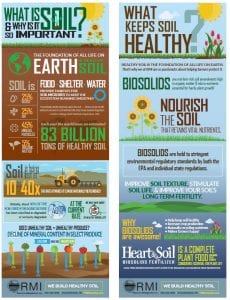
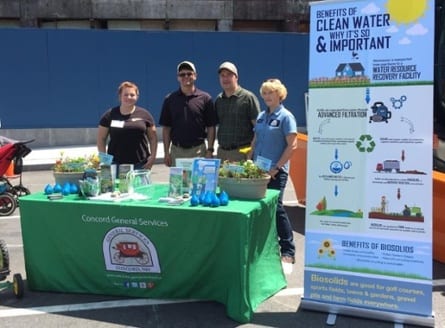
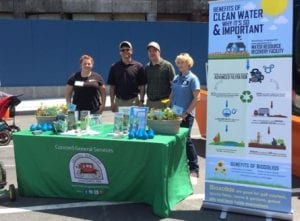
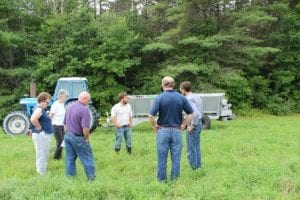
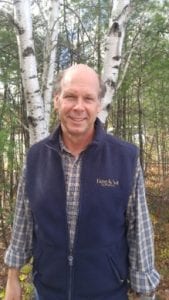
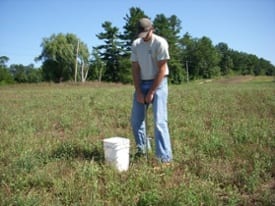 “Taking a soil sample is an important step in determining what your fields need”
“Taking a soil sample is an important step in determining what your fields need”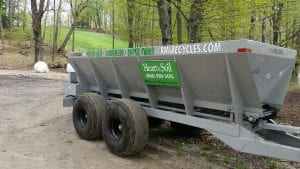 To help with you application needs RMI has 4 spreaders that can be rented when purchasing Heart & Soil® Ag. Products:
To help with you application needs RMI has 4 spreaders that can be rented when purchasing Heart & Soil® Ag. Products:
